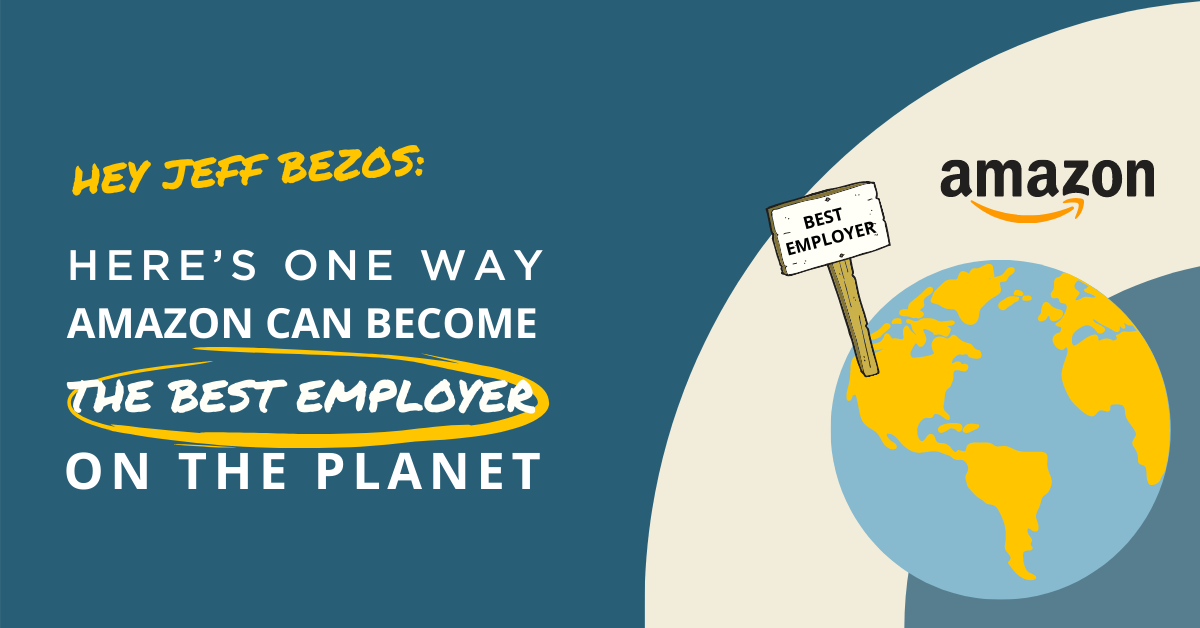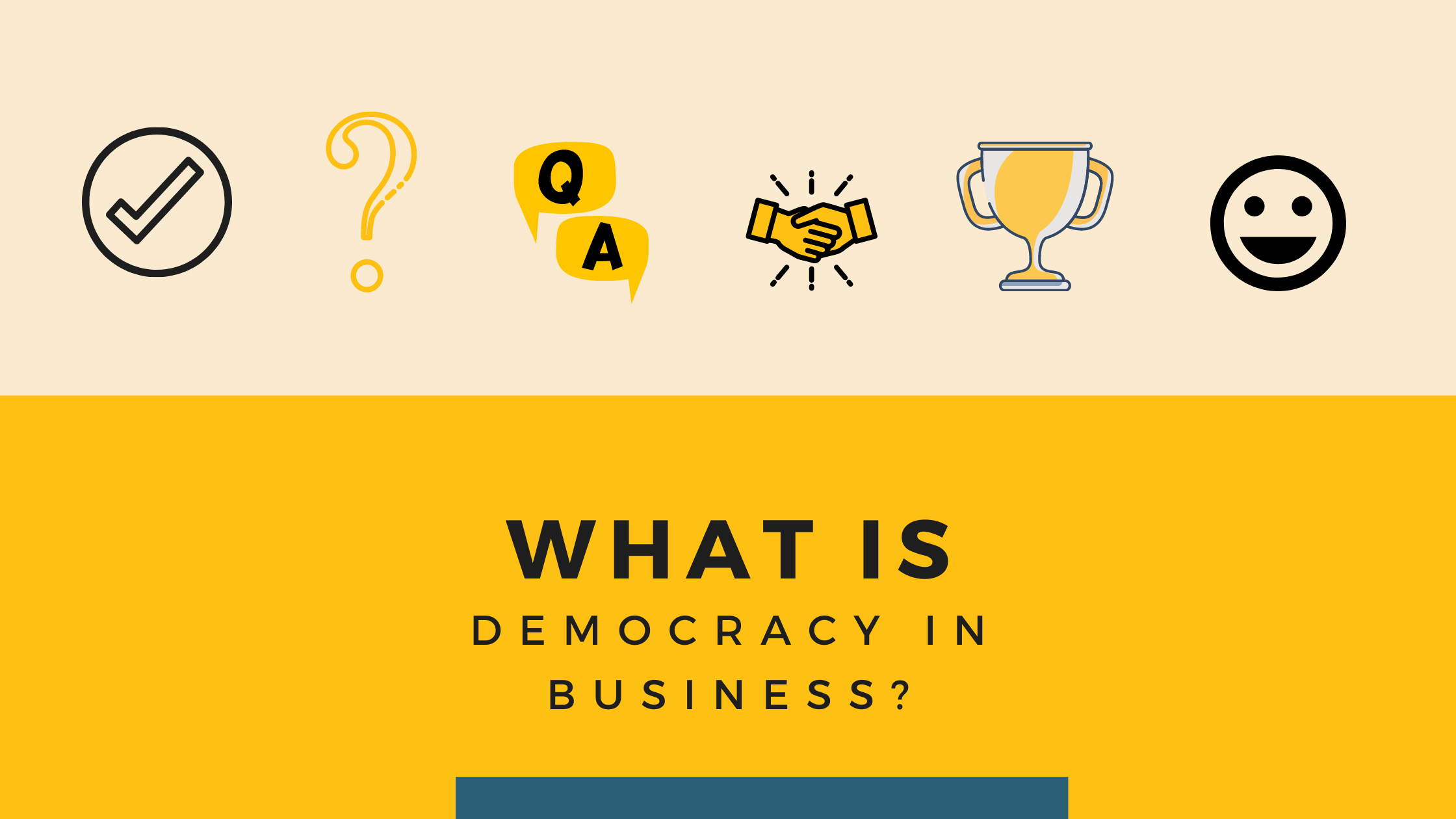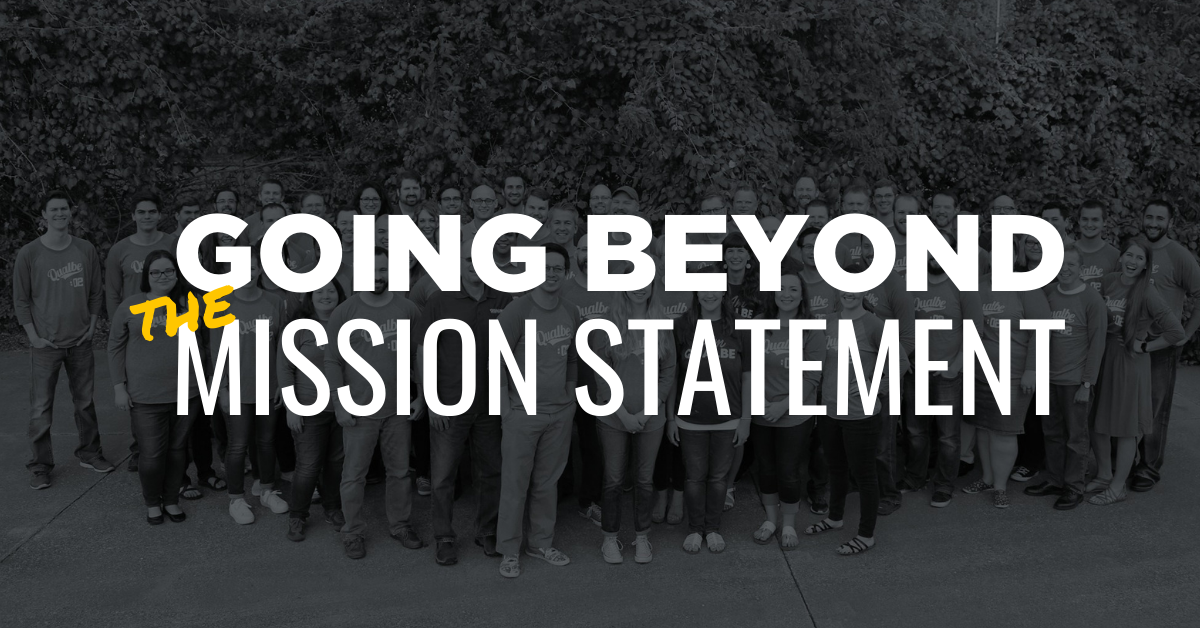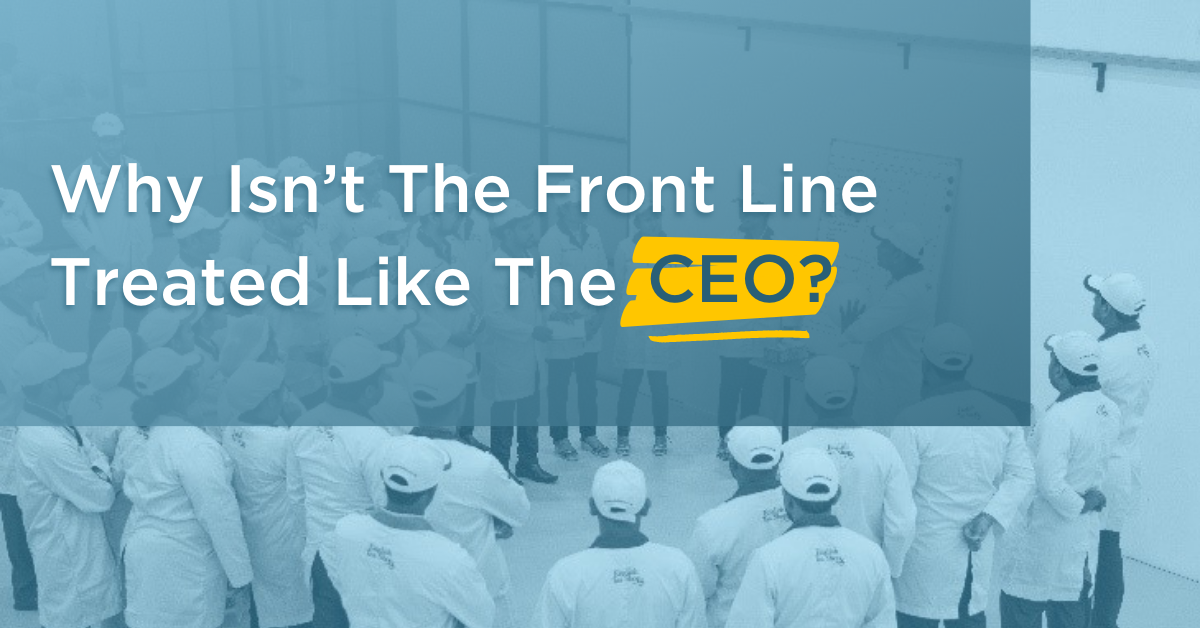Demystify business by empowering your people to set their own goals and share in the rewards. Then watch what happens Seems that a day doesn’t go by without the online retail giant Amazon making some news. Whether it’s the surging demand for its products during the pandemic or the fabulous wealth of its founder, Jeff Bezos, the company is a magnet for attention. More recently, the world turned its focus on Amazon to see if the employees working inside one of its facilities in the state of Alabama would vote to unionize. Despite ongoing horror stories of the dog-eat-dog culture inside Amazon—a story with roots dating back to a story that grabbed headlines back in 2015—the vote failed.
Read More
We run SRC with a lot of participation, but it is not a democracy in the political sense of the word. A political democracy derives its authority from the consent of the governed. A company derives its authority from the consent of the marketplace. The people who work for a company may think it’s just terrific, but they’ll have to work somewhere else if the company doesn’t make money or runs out of cash. So the market tells us what a lot of our decisions have to be. The trick is to recognize what the market is saying and adapt accordingly.
Read More
Words are cheap. What I mean is that it’s easy to say something, but it’s a heck of a lot harder to actually put those words into action. For example, I’ve been thinking a lot recently about how it’s become commonplace for companies to trumpet their mission, vision, and values. Everyone says they have a higher purpose with their business, something more than just pursuing profit, which is great. The idea is to show your associates, your customers, and the communities you operate in that you have a higher purpose than just making money at their expense.
Read More
Companies with the best people will dominate their market. Jack Stack has been saying it since SRC set their 2019 Critical Number™ as "People." But how do you attract, and maybe more importantly, retain the best employees as we head into a post-pandemic world? By providing them with more than a day job, but a career where they're learning, growing, and contributing to the success of the organization.
Read More
During March 2020, when the COVID-19 pandemic reached the U.S., it not only impacted the health of many Americans but also quickly resulted in economic instability: thousands of businesses were shuttered, the unemployment rate spiked, there was a significant drop in personal consumption expenditures and GDP plummeted. However, the U.S. government intervened, helping to stem further declines by offering unemployment and stimulus payments to eligible individuals as well as programs such as the Paycheck Protection Program to assist businesses in continuing their operations. As a result, the U.S. economy began to recover; still, it has lost ground since early 2020.
Read More
The transformative power of business is not exclusive to America; it’s universal. I saw this firsthand when I was honored to serve as the American judge on a panel charged with choosing an Entrepreneur of the World, an award sponsored by a major consulting company. While I had judged similar Entrepreneur of the Year awards back in the United States, this time I was invited to fly to Monte Carlo for the globally focused event.
Read More
When it comes to deciding upon an exit strategy, owners of closely-held businesses have a lot to think about. Faced with the frightening prospect of turning over the business they have worked so hard to build to new ownership, they might worry about what will happen to the company – and their employees – once they’re gone. Selling the business to a third party isn’t always a welcome or viable option. But if there isn’t a qualified management team or successor in mind, what’s a business owner to do?
Read More
Those of you who have already identified your Critical Number™ (company-wide goal) and the drivers that go along with that goal, will find that MiniGames™ are a great way to bring a laser focus to create small, everyday wins that put you that much closer to the big win. If you, are new to Great Game you might start learning more about how to identify your Critical Number.
Read More
A company is only as good as its people. Everyone knows that. So why is that in so many companies the vast majority of the information-hoarding and decision-making happens only at the top? Why have we been holding onto a managerial system invented decades ago to fit an industrial society that tells us that only the CEO and the rest of the C-Suite are smart and capable enough to drive the company forward?
Read More
Why more and more business leaders are opening themselves up to pursue a higher purpose The impact that Bo Burlingham has made on the business world is difficult to quantify. In his time as a journalist writing for magazines like Inc. and Forbes, Bo continually put his finger on pivotal changes taking place in the entrepreneurial marketplace of ideas. But Bo may have made an even bigger impact through the books he wrote based on people he was meeting as he uncovered these groundbreaking ideas.
Read More

.png)















.png)




-5.png)

